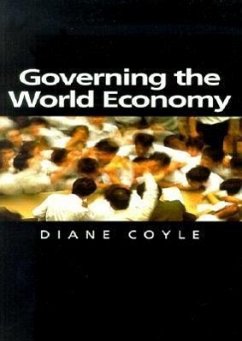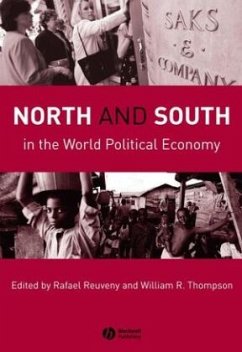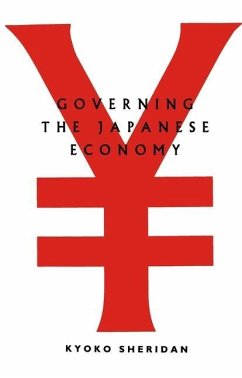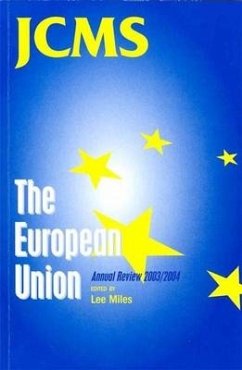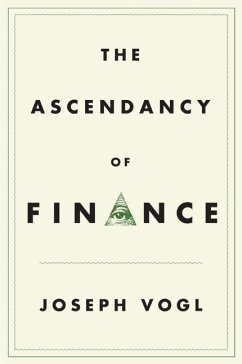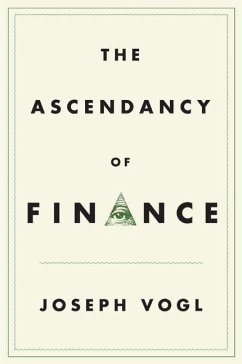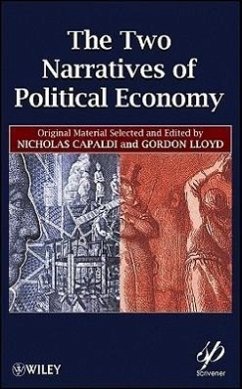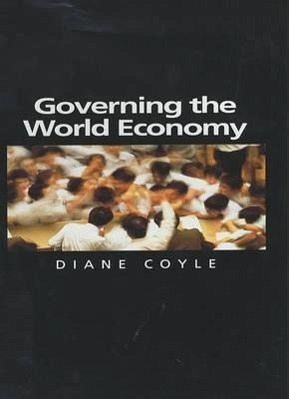
Governing the World Economy
Versandkostenfrei!
Versandfertig in über 4 Wochen
57,99 €
inkl. MwSt.
Weitere Ausgaben:

PAYBACK Punkte
29 °P sammeln!
The global financial crisis of 1997-8 revealed that emerging market nations as well as the developed economies are vulnerable to the forces of globalization. It highlighted the need for the governance of the world economy to catch up with the pace and degree of integration through trade and financial markets. This book argues passionately in favour of the benefits of free markets, despite the crisis. Coyle argues that the freedom to exchange and invest is valuable in itself, like other freedoms, and that it is also the only sure route to economic development. Further liberalization of trade an...
The global financial crisis of 1997-8 revealed that emerging market nations as well as the developed economies are vulnerable to the forces of globalization. It highlighted the need for the governance of the world economy to catch up with the pace and degree of integration through trade and financial markets. This book argues passionately in favour of the benefits of free markets, despite the crisis. Coyle argues that the freedom to exchange and invest is valuable in itself, like other freedoms, and that it is also the only sure route to economic development. Further liberalization of trade and investment, appropriately regulated, is essential if developing countries are to attain higher living standards. Economic growth, in turn, will slow population growth and create a constituency for environmental action in the developing world. Coyle also makes the case for a reassessment of the role and capabilities of the international financial institutions. She argues that these need to reflect a more even balance of power, despite the dominance of the US in today's world economy, and that they need to live up to their own rhetoric of transparency and accountability. Chapters on trade and financial markets look in particular at the role of the WTO and IMF, the key villains on the world stage in the eyes of many progressive development campaigners. The book also addresses the shifting political economy of international governance, looking at the way information technology has led to the development of a global opposition to the inter-governmental organizations. This book will be read by students of economics and politics, and all those interested in debates about the nature and trajectory of the world economy.



